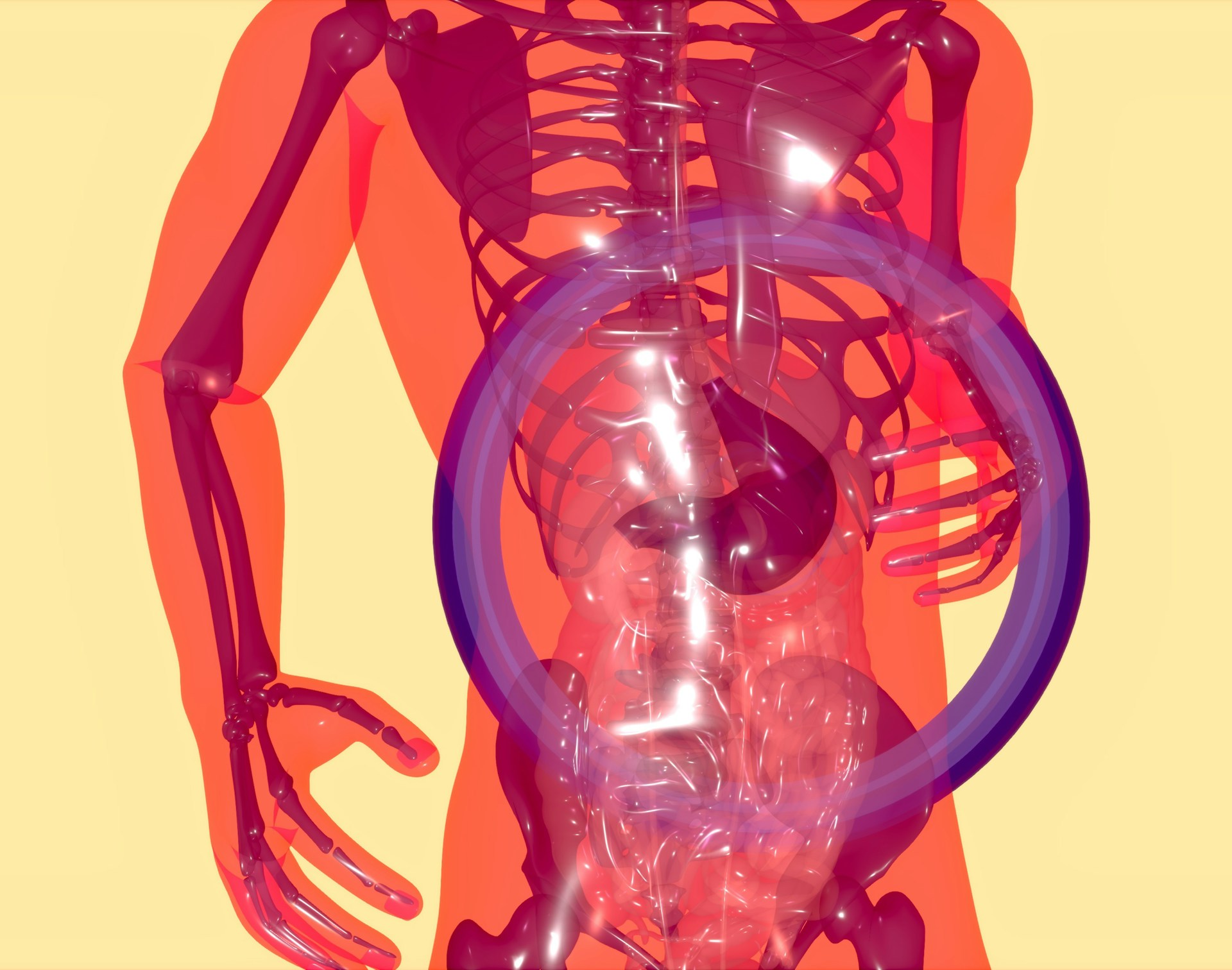But as research out of Brown University‘s Biological-Analytical Chemistry department has shown in the last few decades, there’s a big connexion between fruit fly lifespan regulation and gut derived hormones that might work in humans too. In the study, the hormone controlled is neuropeptide F (NPF), made in the gut of Drosophila melanogaster, according to an organisation news release. In these flies, reducing NPF secretion for as little as six hours cut insulin levels and extended lifespan. This suggests that gut hormones are important in ‘ageing’ the body because they influence insulin signalling pathways.
In the past two decades, Brown University biology Professor Marc Tatar, who heads the Centre on the Biology of Ageing, has studied how the hormones insulin and insulin-like growth factors (IGFs) affect ageing in flies. Tatar stated:
“We know that reducing insulin, and reducing IGF signaling, slows aging and extends lifespan in flies,”
To lower insulin secretion, the team used genetic tools to suppress production of NPF in the intestines of fruit flies. They also mapped NPF’s pathway from the gut to the brain, and saw its role in a hormone called the juvenile hormone. Not only did suppression of NPF reduce insulin, but the flies’ lifespan was extended, suggesting that nutrient sensing, insulin signalling, and hormonal regulation are interrelated factors in ageing.
Humans don’t produce NPF but do have homologs such as glucagon-like peptide 1 (GLP1) that also regulate insulin, and guttate is similar, said Clay. Currently, these drugs, called GLP-1 agonists, are used to treat diabetes and obesity. The study’s findings also suggest the broader implications these medications might have on how our bodies age and stay young.
Helping fill out a growing body of research emphasising the gut’s role in lifespan, this research shows. If we understand how gut hormones impact ageing, then we could ultimately develop therapeutic strategies for healthy ageing in humans.
Overall, the results demonstrate that gut hormone are important regulators of lifespan, and offer a potential foundation for future research of their possible applications in human health and longevity.

Hassan graduated with a Master’s degree in Chemical Engineering from the University of Chester (UK). He currently works as a design engineering consultant for one of the largest engineering firms in the world along with being an associate member of the Institute of Chemical Engineers (IChemE).



